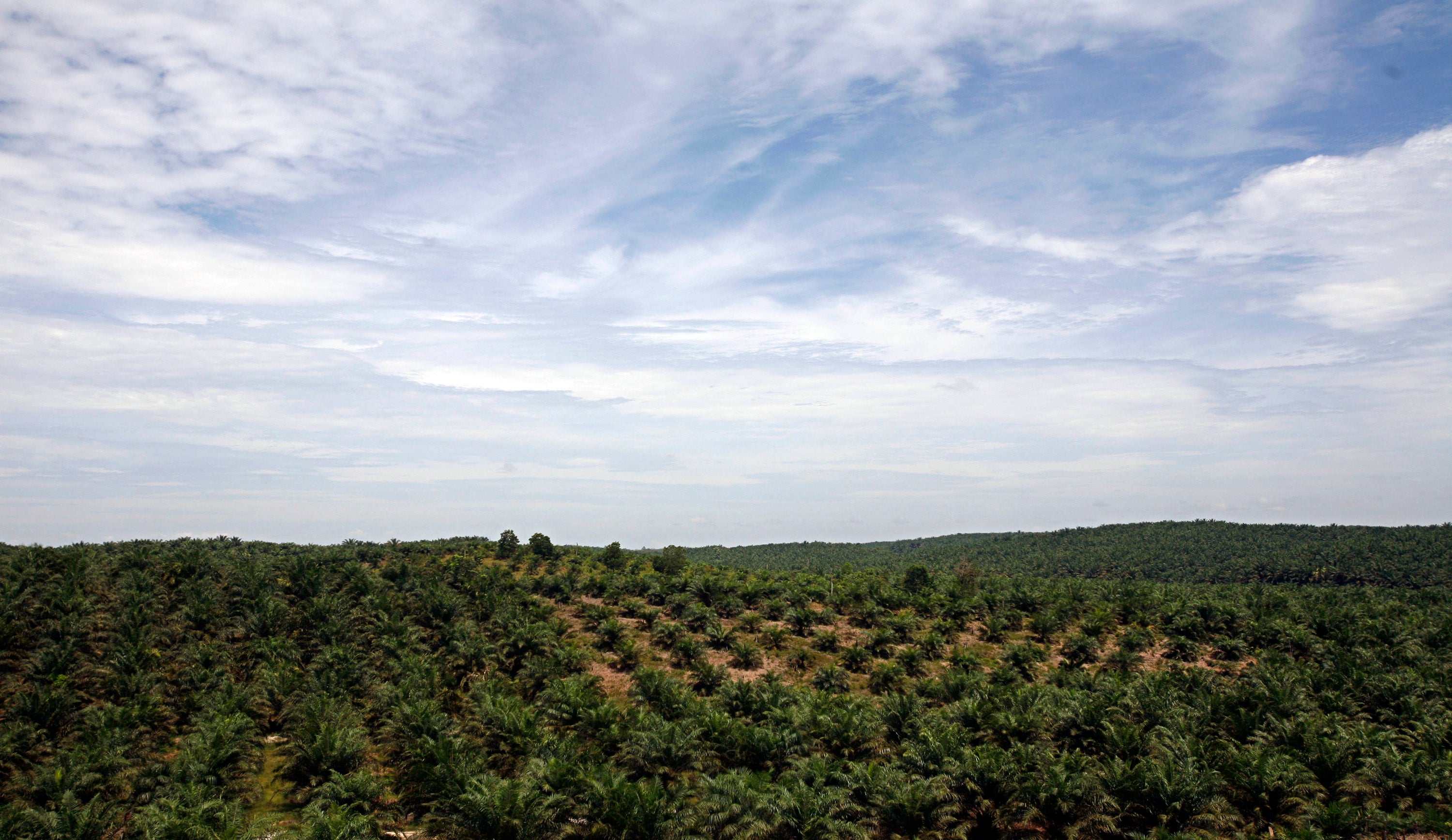EU agrees deal to ban products which fuel deforestation
European Union lawmakers and governments reached a deal Tuesday that would ban the import of products which contribute to deforestation around the world

Your support helps us to tell the story
From reproductive rights to climate change to Big Tech, The Independent is on the ground when the story is developing. Whether it's investigating the financials of Elon Musk's pro-Trump PAC or producing our latest documentary, 'The A Word', which shines a light on the American women fighting for reproductive rights, we know how important it is to parse out the facts from the messaging.
At such a critical moment in US history, we need reporters on the ground. Your donation allows us to keep sending journalists to speak to both sides of the story.
The Independent is trusted by Americans across the entire political spectrum. And unlike many other quality news outlets, we choose not to lock Americans out of our reporting and analysis with paywalls. We believe quality journalism should be available to everyone, paid for by those who can afford it.
Your support makes all the difference.European Union lawmakers and governments reached a deal Tuesday that would ban the import of products which contribute to deforestation around the world.
The preliminary agreement, which still needs to be formally adopted by the EU parliament, requires companies to verify that the goods they sell in the EU have not led to deforestation and forest degradation anywhere in the world as of 2021.
Companies need to show that goods they import comply with rules in the country of origin, including on human rights and the protection of indigenous people.
Forests around the world are increasingly under threat from clearance for timber and agriculture, including soybean and palm oil. The U.N. Food and Agriculture Organization estimates that 420 million hectares (1.6 million square miles) of forest - an area larger than the EU - were destroyed between 1990 and 2020.
Pascal Canfin, who chairs the European Parliament’s environment committee, said the agreement by the 27-nation bloc marks a “world first.”
“Europe will close its doors to the everyday products that have the highest impact on deforestation in the world if their importers are not able to demonstrate, with supporting documents, that they do not come from deforested areas,” he said. "It’s the coffee we drink in the morning, the chocolate we eat, the charcoal we use in our barbecues, the paper in our books. It’s radical, and that’s what we’re going to do.”
More than 100 countries pledged last year to halt and reverse global deforestation by 2030, as part of efforts to combat climate change. Forests are an important natural means of removing greenhouse gas emissions from the atmosphere, since plants absorb carbon dioxide when they grow.